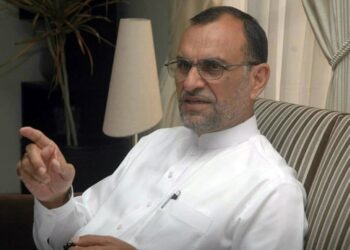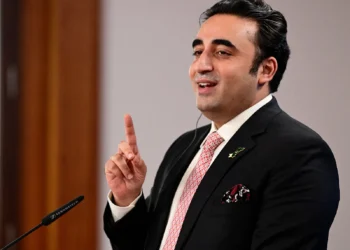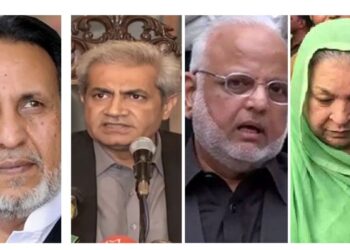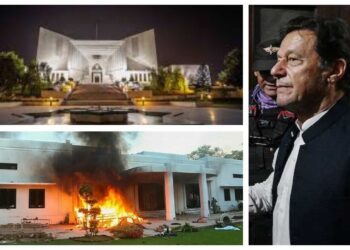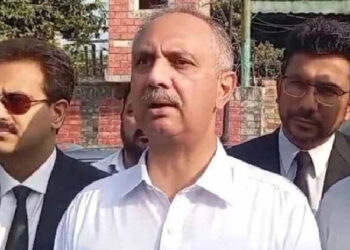ISLAMABAD; Speaker of the National Assembly, Sardar Ayyaz Sadiq, on Tuesday extended a formal invitation to opposition members for dialogue with the government during the ongoing session of the National Assembly.
His call comes amid growing political tensions and demands from opposition parties for greater participation and respect for their privileges within the parliamentary process.
Addressing the Assembly, the Speaker assured all members of his full cooperation in his role as the custodian of the house, aiming to ensure smooth functioning of parliamentary affairs.
Sardar Ayyaz Sadiq’s remarks came in response to opposition MNA Asad Qaisar’s concerns regarding the privileges and rights of opposition members in the house.
The Speaker underscored that parliamentary traditions, the constitution, and the rules and regulations of the National Assembly are binding on everyone. He emphasized that adherence to these principles guarantees the stability and continuity of Pakistan’s democratic system.
In a notable reference to the political situation in neighboring India, the Speaker mentioned the arrest of opposition leader Rahul Gandhi, pointing out that despite his detention, production orders have yet to be issued. This comparison was drawn to highlight the importance of respecting legal and parliamentary procedures.
The Speaker stressed that the solution to political challenges lies in constructive dialogue within the parliamentary framework. He expressed his readiness to serve as a bridge between the government and opposition to foster communication and cooperation.
Highlighting the significance of the grand jirga, the National Assembly, and the Senate as supreme political forums, Sardar Ayyaz called on all political forces to play their part in strengthening these democratic institutions.
He further emphasized that while differences of opinion are a natural and healthy aspect of democracy, channeling these differences into constructive dialogue is crucial for advancing the national interest and political stability in Pakistan. This invitation aims to open a path towards collaborative problem-solving amid recent political unrest and calls for enhanced parliamentary engagement.









